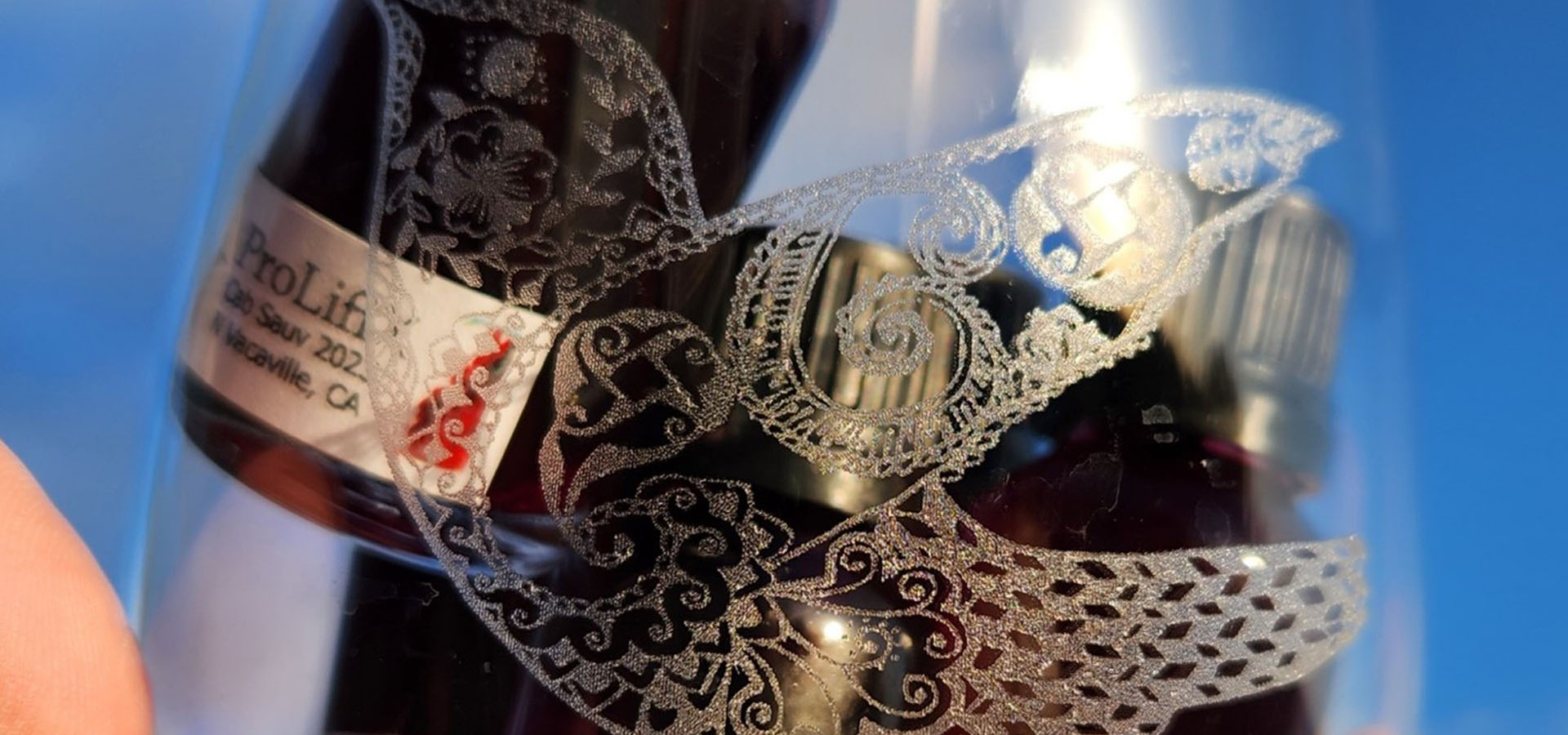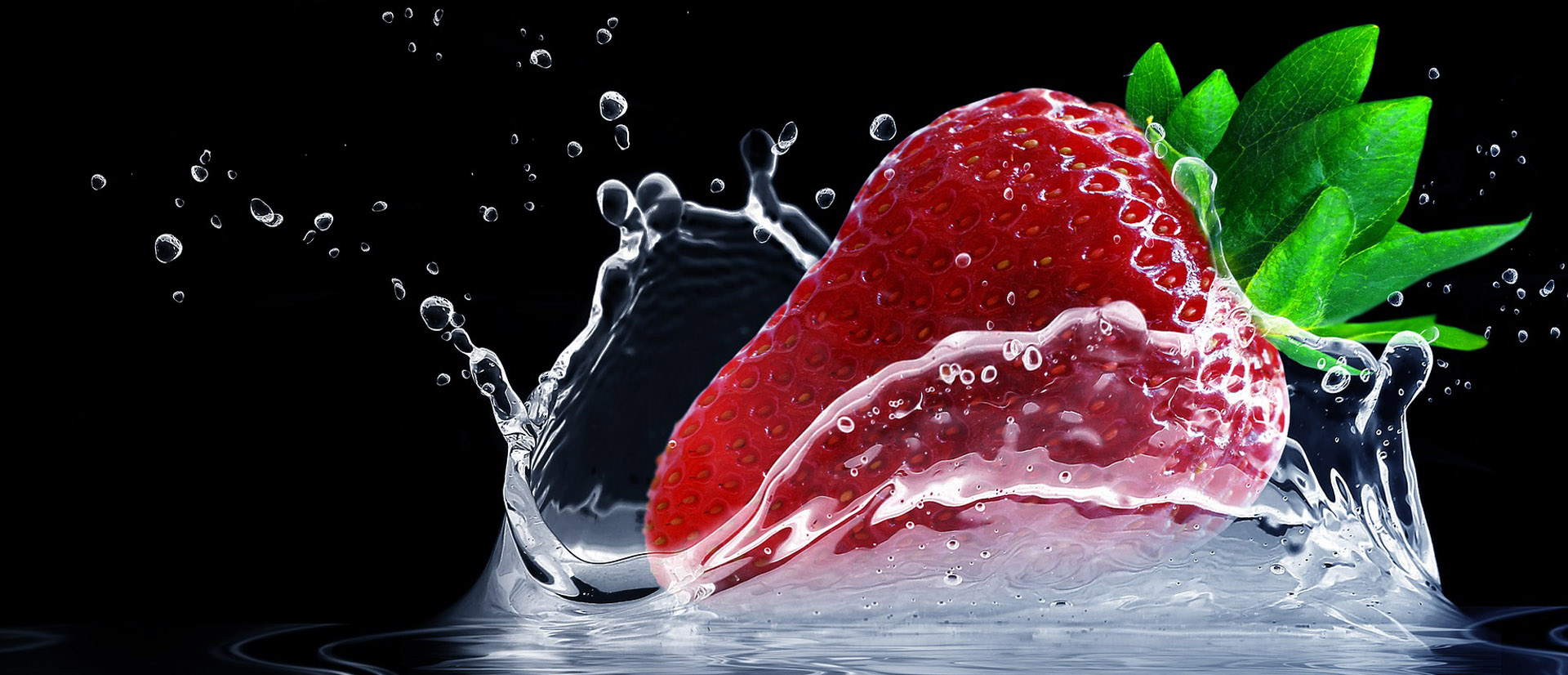In the summer of 2023, we treated cabernet sauvignon grapes with four different regenerative pesticides (All Phase, Circadian Sunrise, Long Shadow, and ProLifix) and then turned those grapes into wine along with non-treated grapes. Three applications were made of each product, with the last treatment within three weeks of harvest. From a horticultural standpoint the applications were ill advised. The weather was too hot to be applying the horticultural oils and we were spraying so close to harvest we risked having the flavors of the essential oils transferring to the wine. Without any aging we bottled samples and brought them to wine makers to get their opinions on the wines. So, what did we discover?
First of all, wine tasting is rather subjective, and everyone’s palate is a little different. Circadian Sunrise contains 10% peppermint oil. While no winemaker detected a minty flavor, 80% detected a varnishy or other off flavor, while 20% picked up honey, lavender, or “a little more depth” than found in the control. Personally, I liked it better than the control with more flavor and body. Long Shadow contains 30% cinnamon oil. With wine made from Long Shadow treated bunches, about 40% of winemakers commented on off flavors like: sour, wet, and stale, while some 60% found it similar to the control. Personally, I liked the control better. I couldn’t taste this, but one interesting flavor noted in wine from Long Shadow treated vines was All Spice. All Phase contains the food preservative potassium sorbate and the plant biostimulant, carrageenan. No winemakers noted any off flavors from All Phase treated vines. For 30% it was simply similar to the control. For the other 70%, comments included lifted fruitiness, brighter, nice spicy note, more floral, and cherry raspberry. I liked it better than the control and noted the enhance fruity and floral notes. ProLifix is predominately crude corn oil rich in antioxidants and with a plant biostimulant called, triacontanol. Thirty percent of the winemakers said wine from treated vines was similar to the control. The other 70 percent commented on it having greater complexity, black fruit, cinnamon notes, and being “a little denser”. This was my favorite and to me it tasted fuller and more complex.
Going into this experiment I thought it ill advised to apply horticultural oils after veraison, particularly ones with high amounts of an essential oil. While I don’t think it would be necessary to spray these products after veraison, I wouldn’t shy away from applying All Phase. Though I liked the taste of wine from the ProLifix treatment the best, I would only spray it after veraison with mild temperatures and not during heat waves as was the case with this experiment. Since some winemakers noted off flavors with Circadian Sunrise and Long Shadow treatment, I would shy away from using them on winegrapes for now, though I liked the Circadian Sunrise treatment better than the control.
For this coming season we have several vineyards using All Phase and ProLifix on a portion of their vineyard, starting after the first flush of growth in the spring and continuing into the first part of June. This is a better time to spray the grapes for getting a positive biostimulant effect and at a time of the year where treatments are often necessary for powdery mildew control. If we have the time and resources, we will also test for early season effects of Circadian Sunrise and Long Shadow applications.




